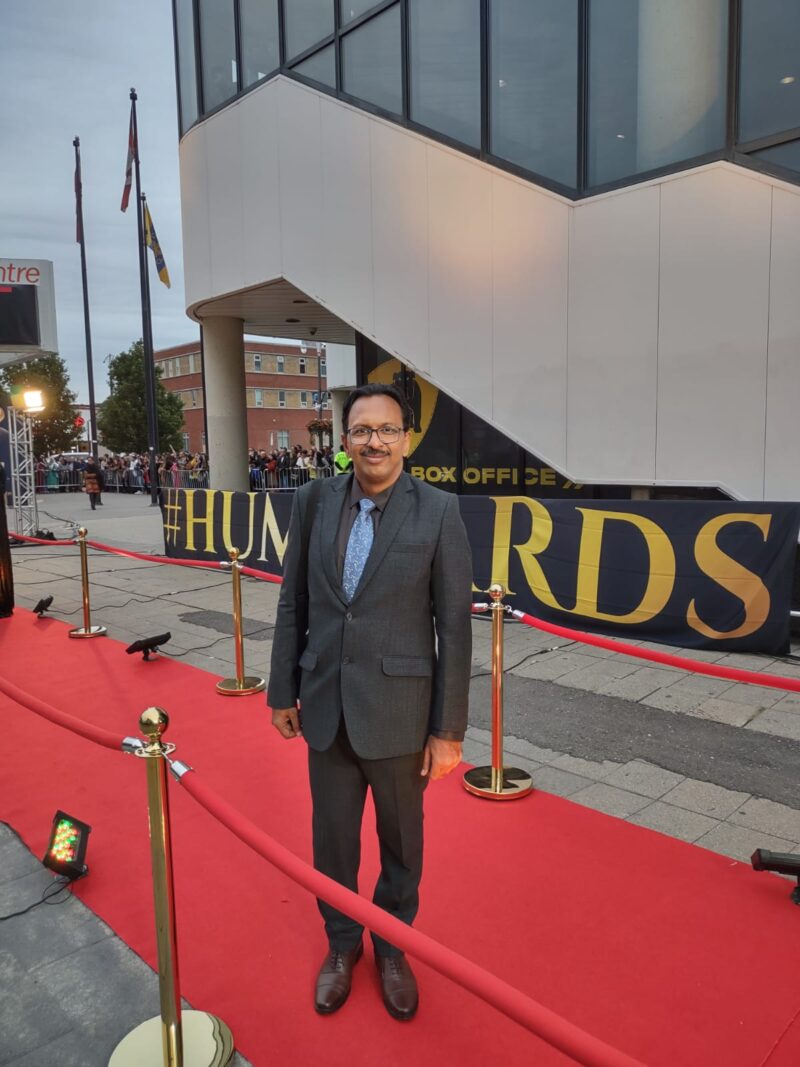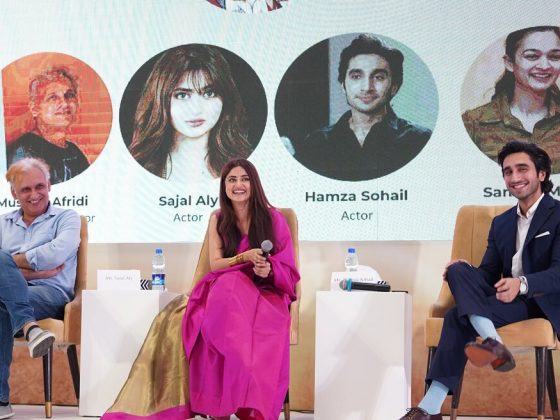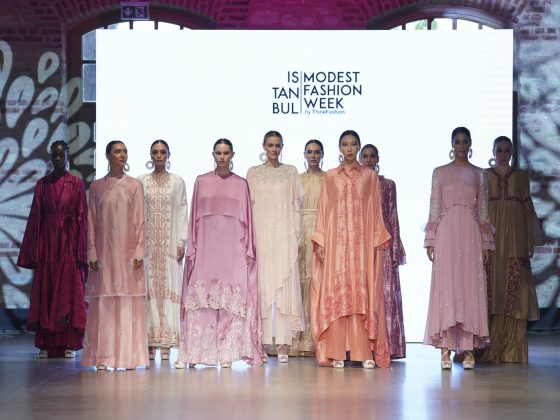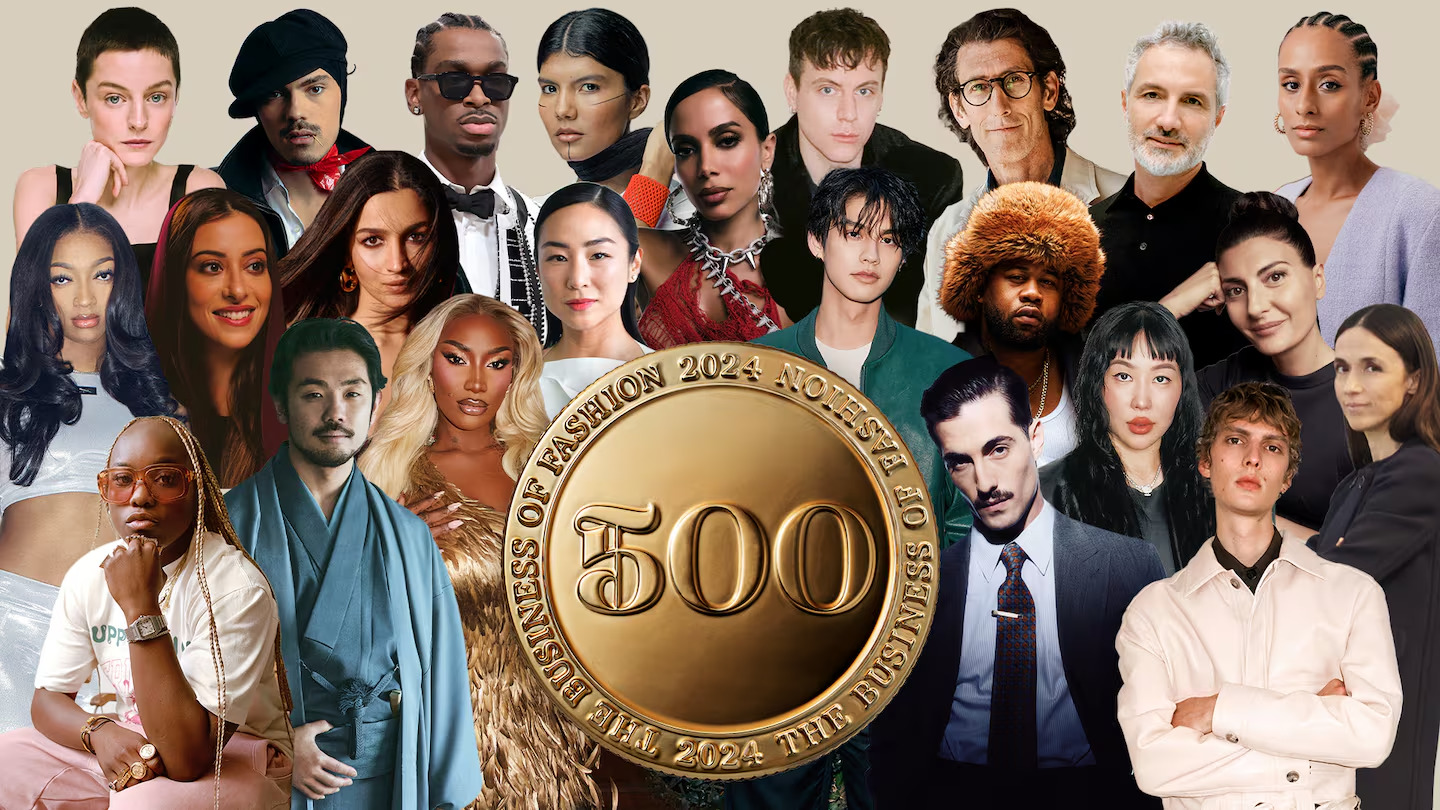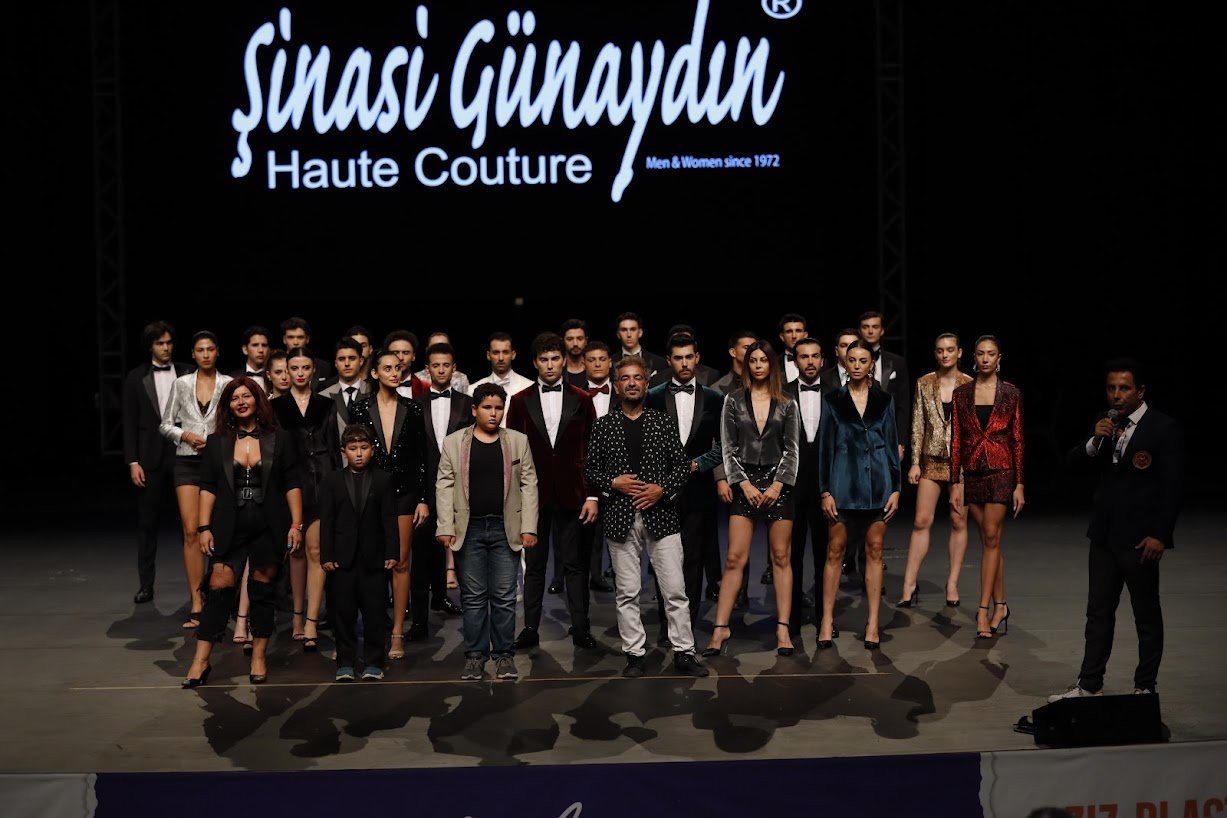The curtain has fallen on the 77th Cannes Film Festival, leaving behind a trail of glittering gowns, emotional speeches, and most importantly, captivating cinema. This year's edition proved to be a return to form, celebrating the magic of the big screen while acknowledging the ever-evolving landscape of the film industry.
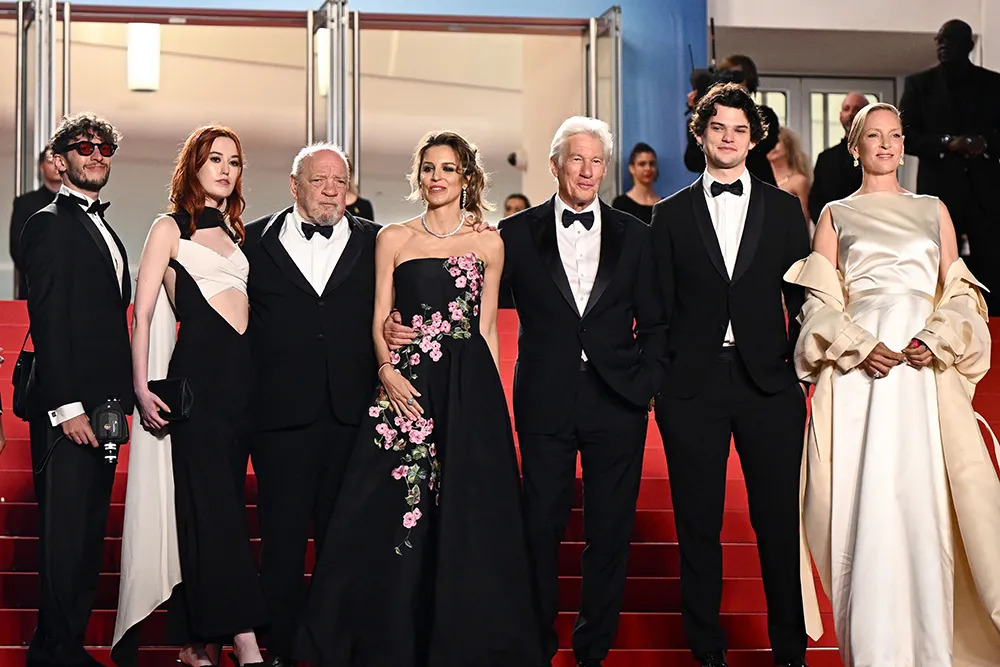
The biggest surprise came in the form of the Palme d'Or, awarded to American filmmaker Sean Baker for his poignant comedy-drama "Anora." A character study of a New York escortes, "Anora" resonated with critics for its humor, tenderness, and unflinching portrayal of a complex profession. Baker's win marked a significant moment, not only for being his first Palme d'Or, but also for propelling a U.S. film back into the Cannes spotlight after a string of international winners.
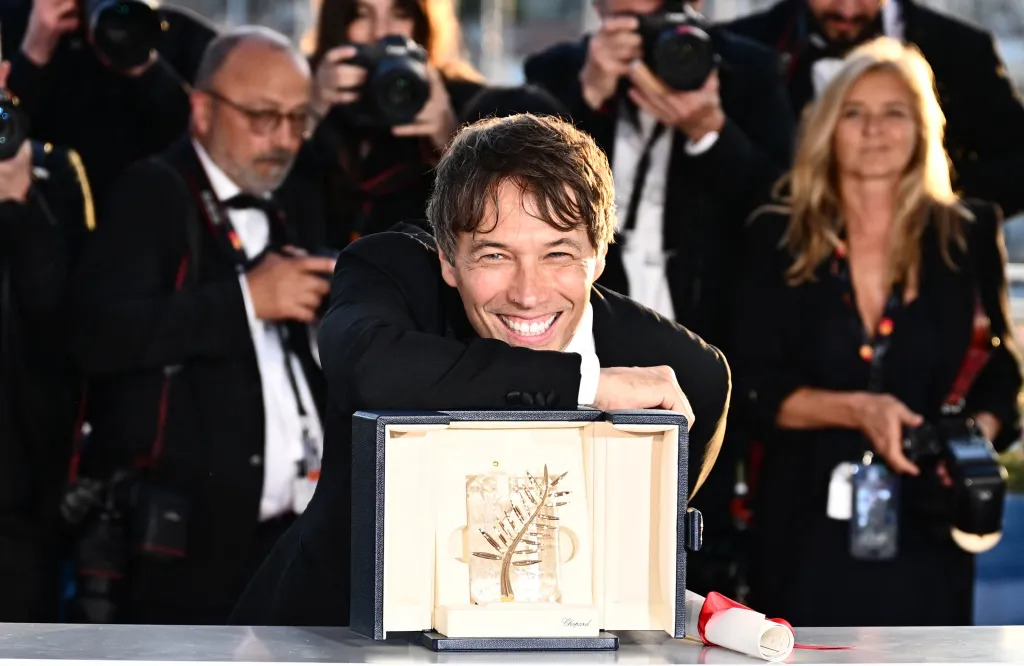
Critical acclaim was spread far and wide this year. Chinese auteur Jia Zhangke's "Caught by the Tides" captivated audiences with its exploration of love and loss, while Payal Kapadia's "All We Imagine as Light" offered a delicate glimpse into the lives of Indian nurses.
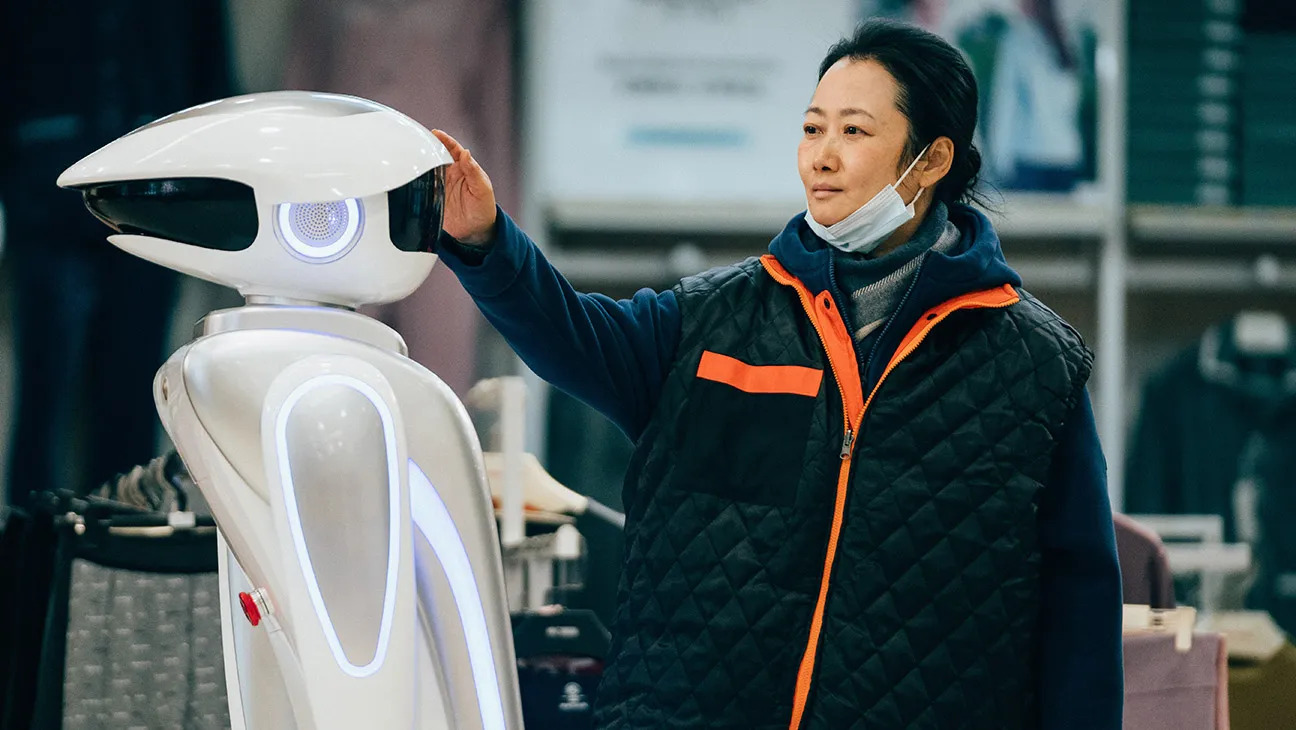
"Grand Tour" by Miguel Gomes wowed with its visually stunning reimagining of a colonial-era travelogue, was treat to the eyes.
A particularly poignant moment came with the attendance of Iranian filmmaker Mohammad Rasoulof, who defied imprisonment in his home country to be present at the festival.
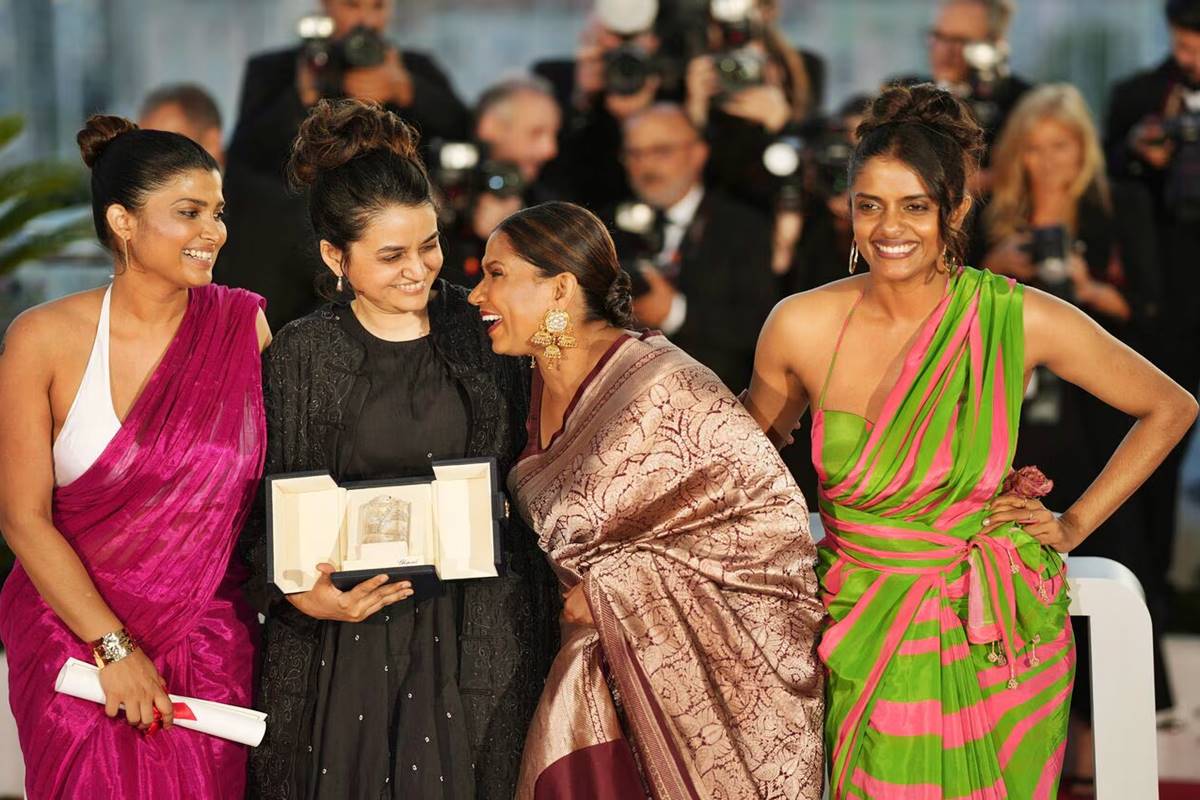
Rasoulof's "The Seed of the Sacred Fig" brought a powerful Iranian drama to the stage. These are just a few of the many films that generated buzz and sparked lively discussions among critics and cinephiles alike.
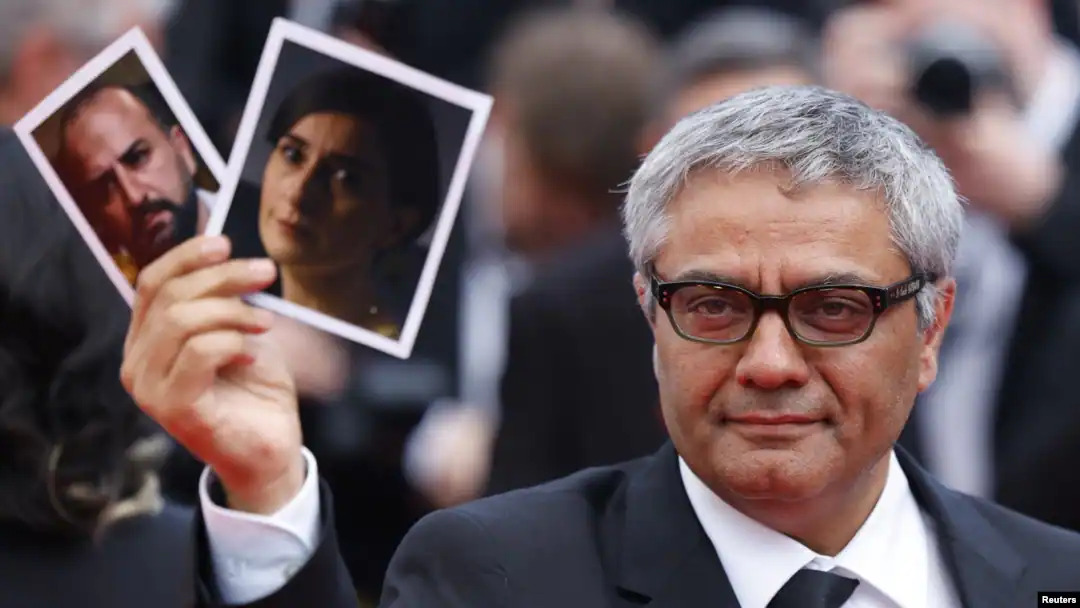
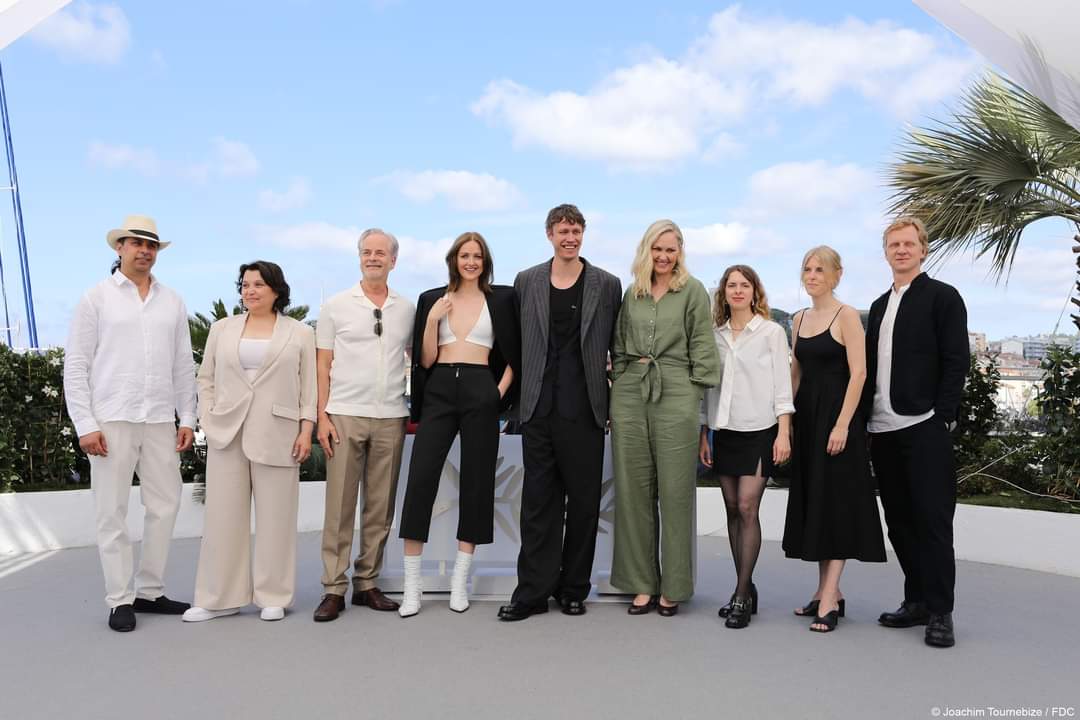

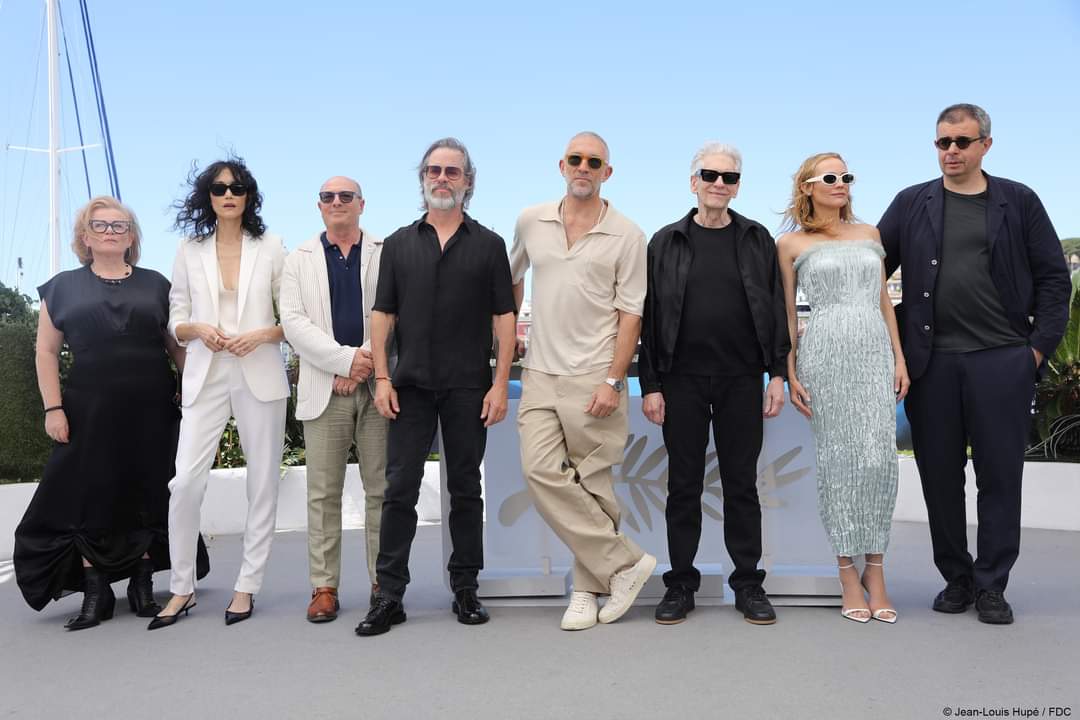
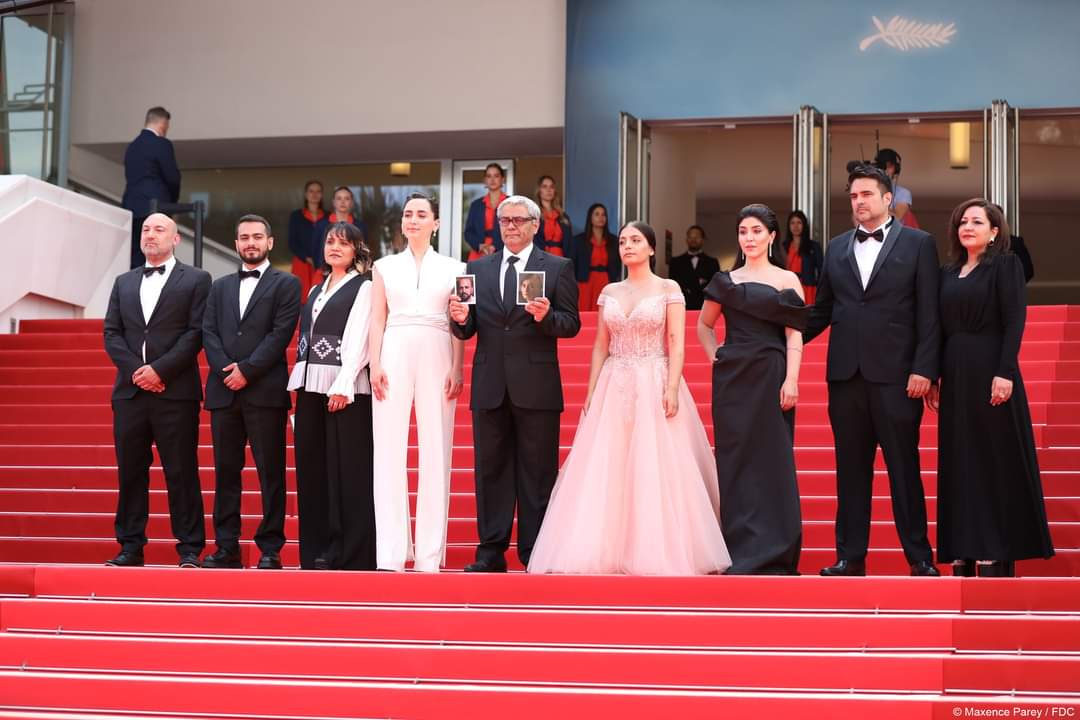
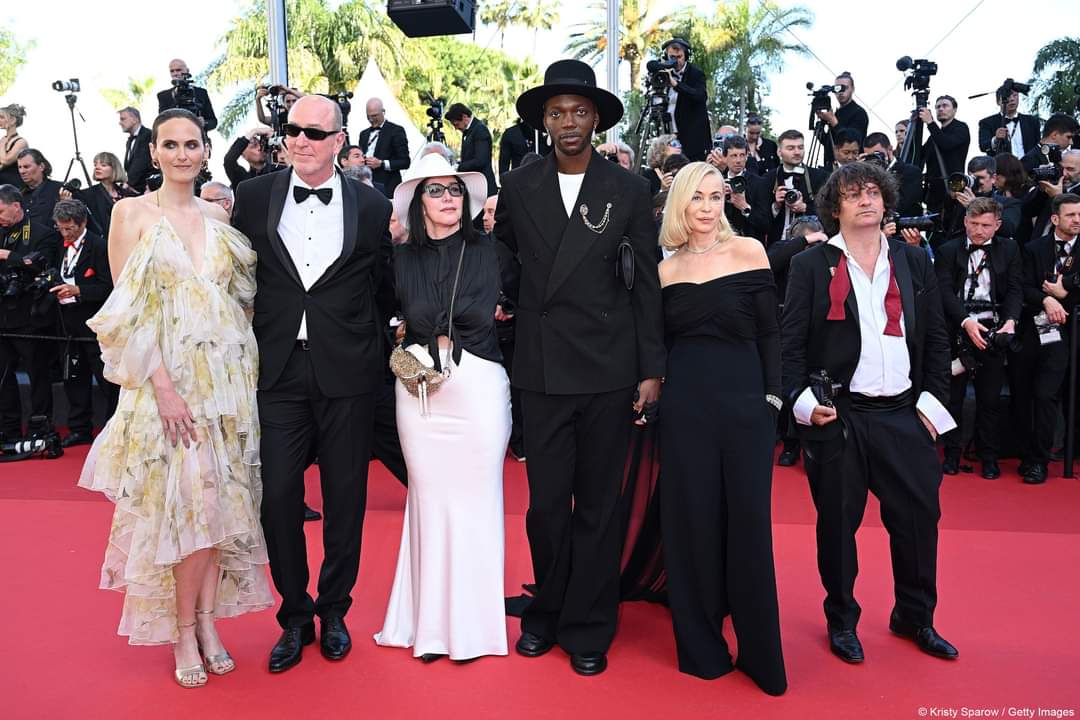
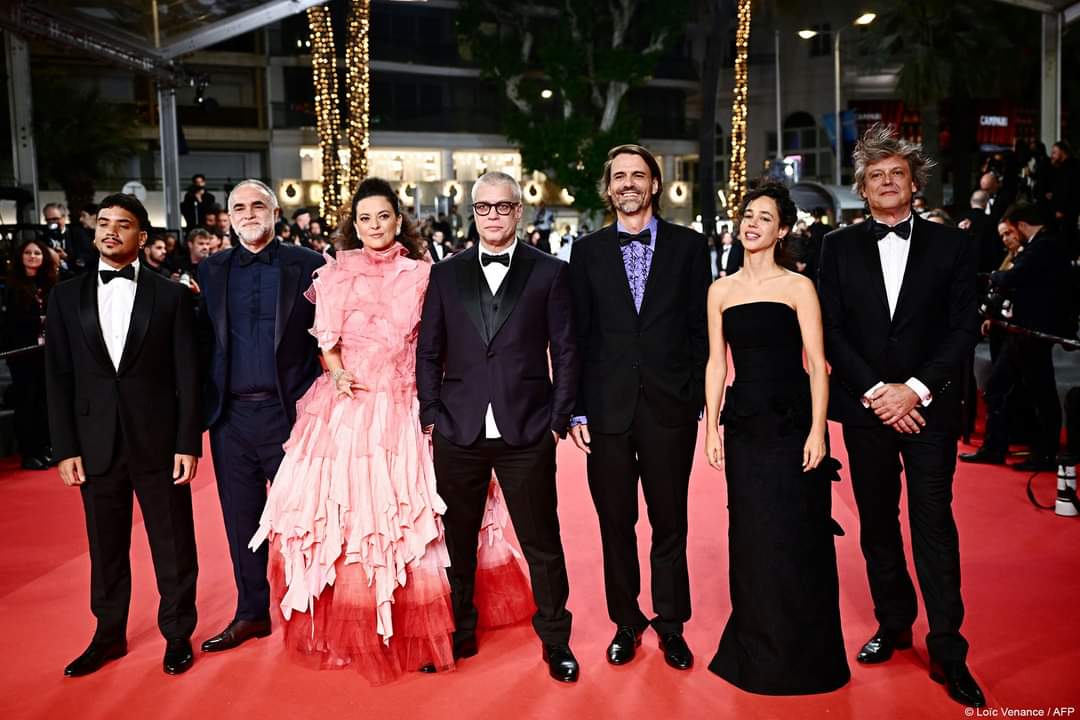
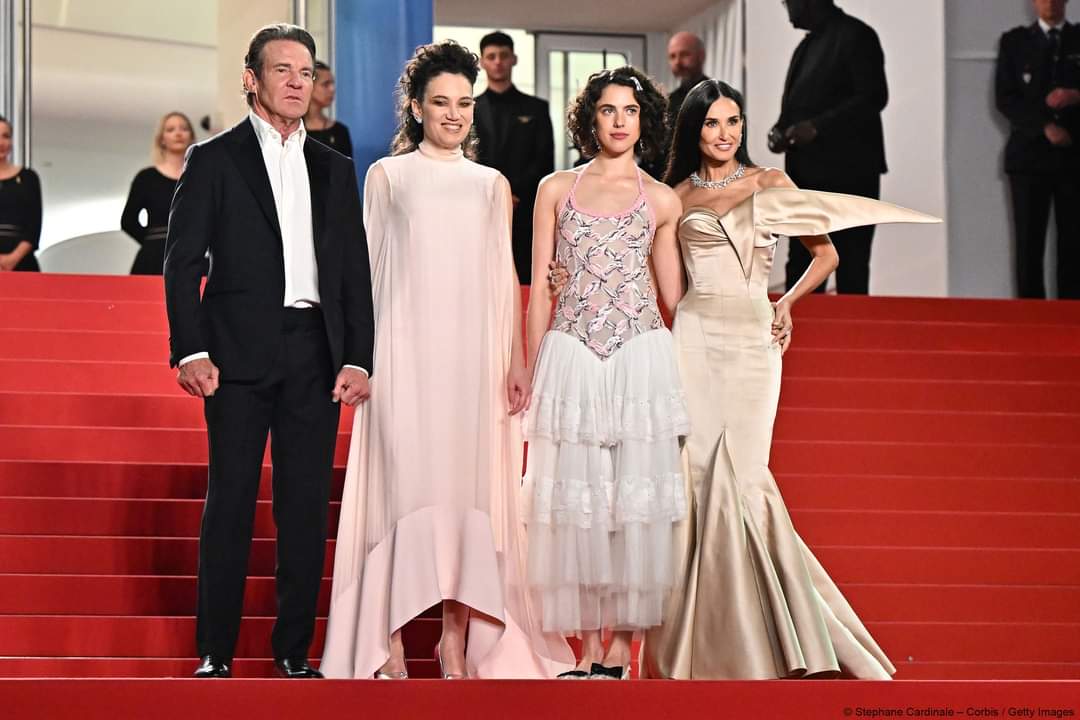

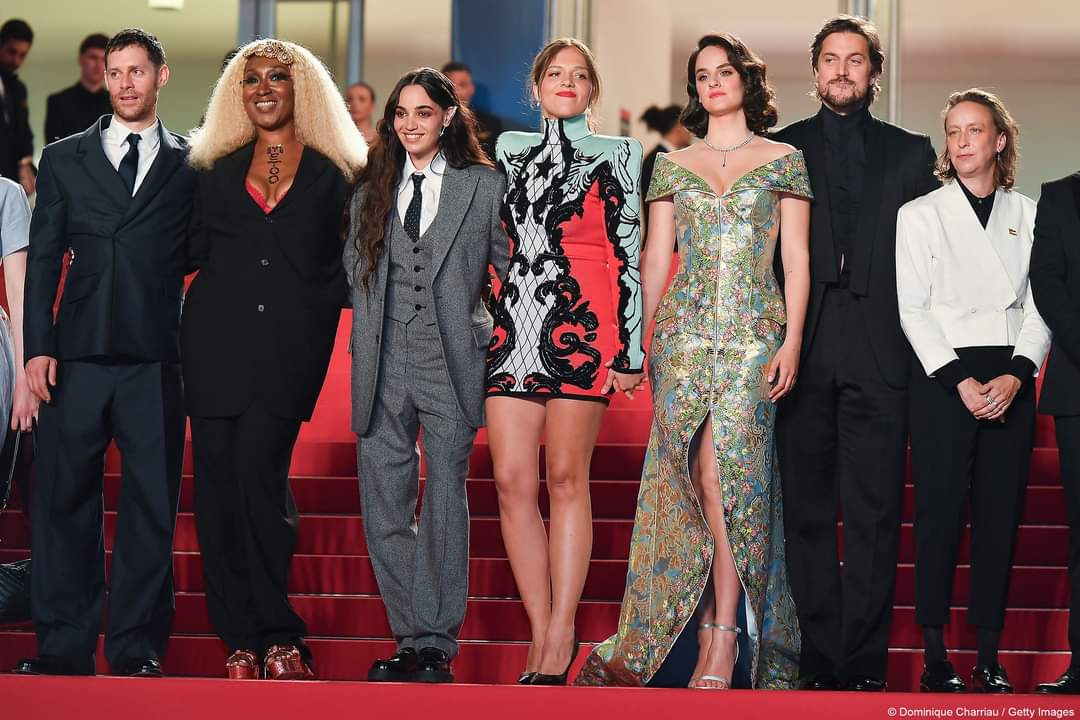
Beyond the awards, Cannes 2024 pulsated with other noteworthy trends. Genre veterans like David Cronenberg ("The Shrouds") and Paul Schrader ("Oh, Canada") offered their unique takes on horror and memory, respectively. Francis Ford Coppola's long-awaited "Megalopolis" finally materialized, sparking intrigue around its ambitious exploration of societal collapse.
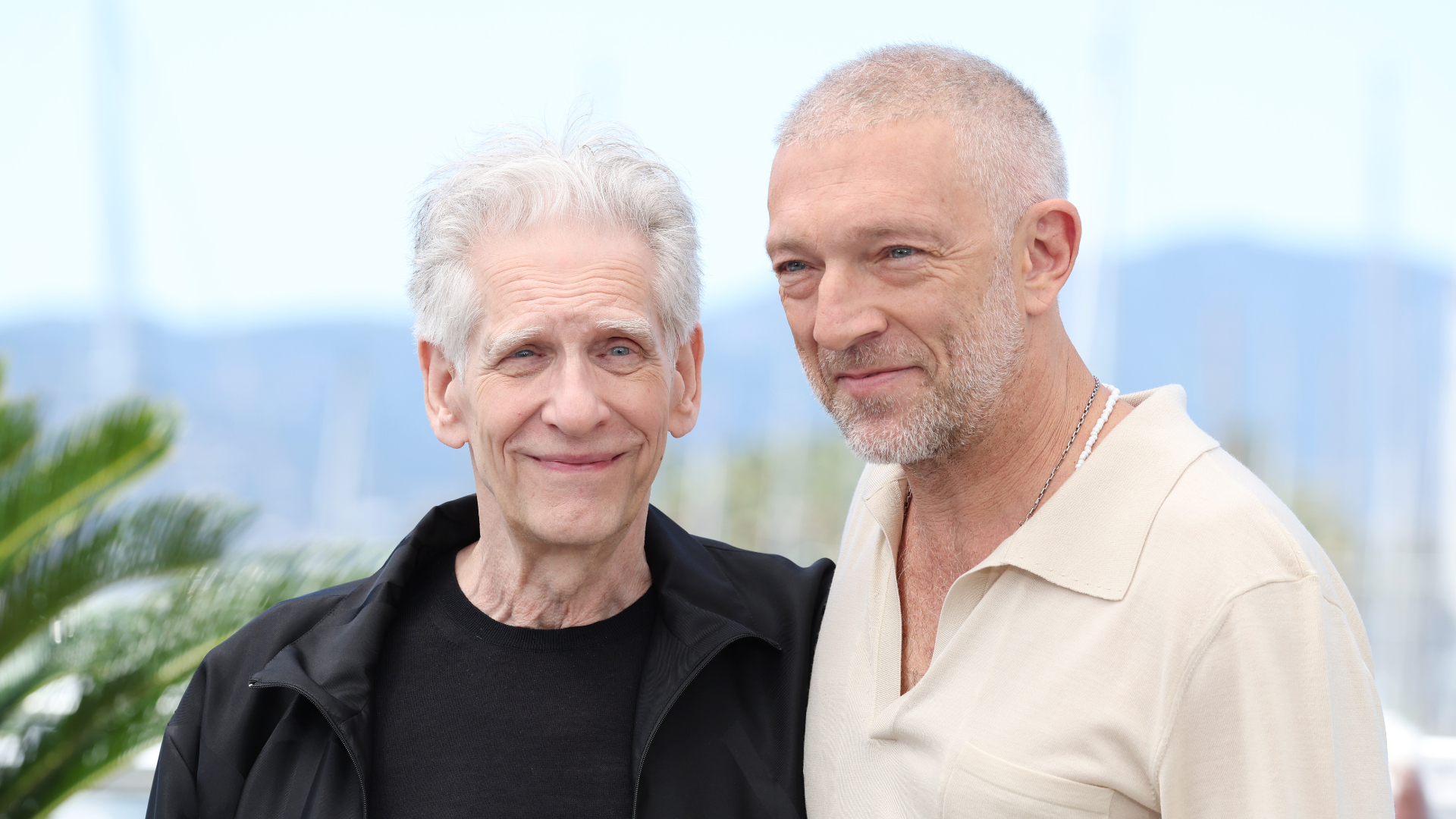
In a sign of the changing times, streaming platforms like Netflix and Amazon were major players in acquisition deals, highlighting their growing influence in the film industry. However, American studios remained largely quiet this year, with the exception of Neon, who continued their aggressive acquisitions strategy.
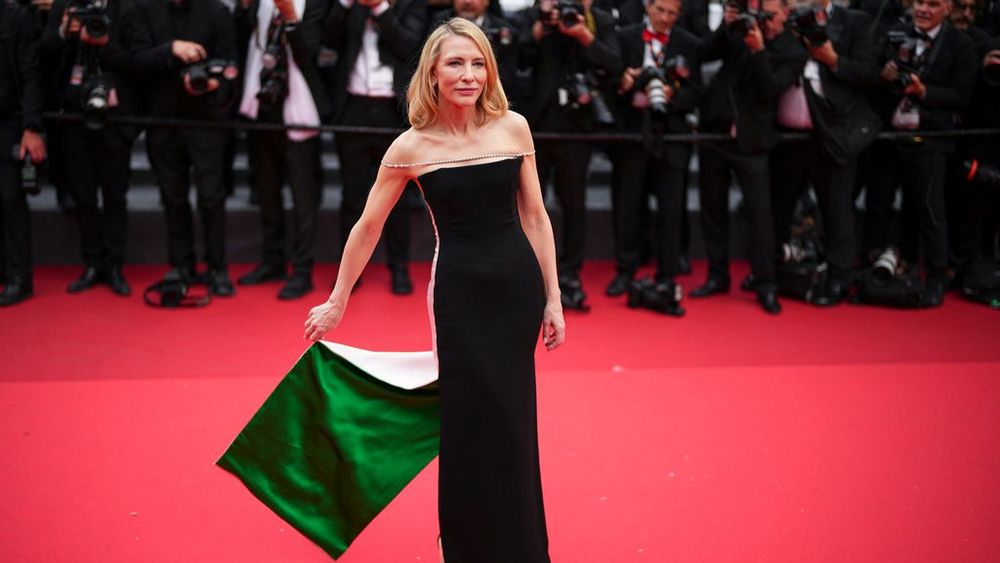
The festival also saw a return of Asian delegates, particularly from Japan and South Korea, though not yet reaching pre-pandemic levels. While the war in Gaza and ongoing labor issues caused anticipation of political statements, the festival remained muted on these fronts. However, some attendees subtly displayed support for Palestine.
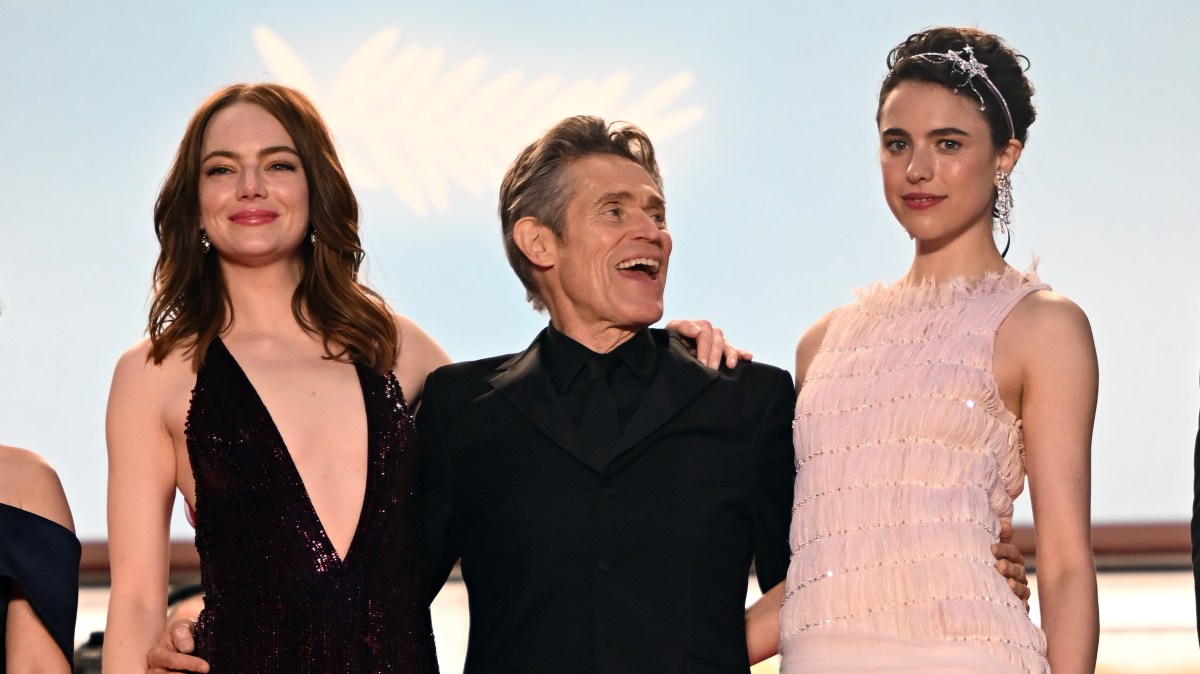
Other key aspects included a return to smooth ticketing processes after last year's hiccups, a spotlight on the potential impact of Artificial Intelligence on filmmaking, and an unsurprising dose of star power with appearances by celebrities like Emma Stone, Adam Driver, and Demi Moore.
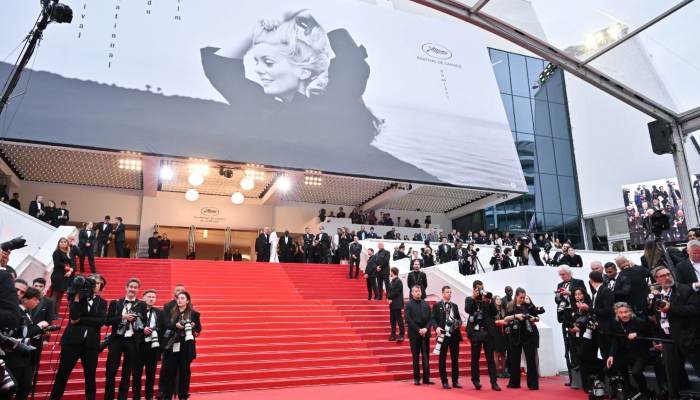
As the red carpet fades, the impact of these films and conversations is sure to resonate throughout the coming year, leaving audiences eagerly anticipating the silver screen magic that Cannes will unveil in 2025.
